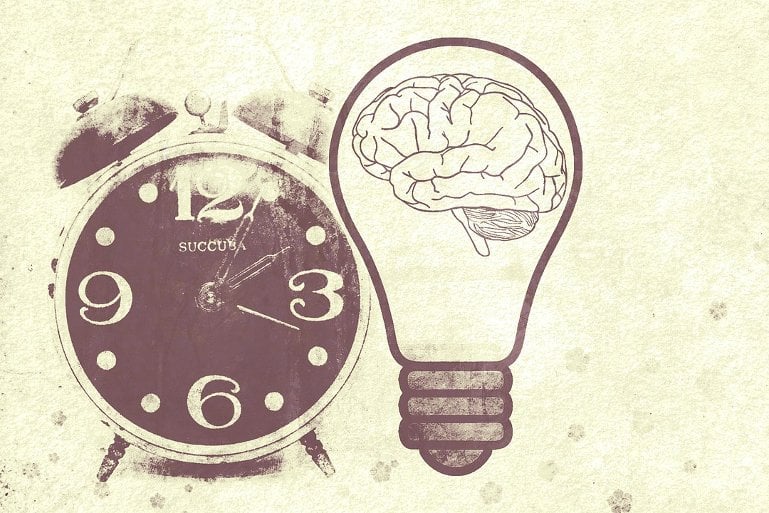Summary: A novel protein folding mechanism in the endoplasmic reticulum is essential for long-term memory storage. This mechanism is impaired in tau-models of Alzheimer’s disease, but restoring the protein folding mechanism reverses memory impairment associated with dementia.
Source: University of Iowa
A University of Iowa neuroscience research team has identified a fundamental biochemical mechanism underlying memory storage and has linked this mechanism to cognitive deficits in mouse models of Alzheimer’s disease and related dementias.
While working to understand how memories are formed and stored in the brain, the team identified a novel protein folding mechanism in the endoplasmic reticulum that is essential for long-term memory storage.
They further demonstrated that this mechanism is impaired in a tau-based mouse model of Alzheimer’s disease and that restoring this protein folding mechanism reverses memory impairment in this mouse model for the study of dementia.
The findings are published in the March 23 issue of the journal Science Advances.
The team was led by Snehajyoti Chatterjee, Ph.D., a research associate in the lab of Ted Abel, Ph.D., Director of the Iowa Neuroscience Institute and chair and DEO of the UI Department of Neuroscience and Pharmacology.
The Abel lab has previously shown that the Nr4a family of transcription factors is essential for long-term memory consolidation. This study identified chaperone proteins in the endoplasmic reticulum, which are regulated by Nr4a.
“The role of protein folding machinery in long-term memory has been overlooked for decades,” Chatterjee says.

“We know that gene expression and protein synthesis are essential for long-term memory consolidation, and following learning a large number of proteins are synthesized. For proteins to be functionally active they need to be folded correctly. Our work demonstrates the conceptual idea that these chaperone proteins are the ones that actually fold the proteins to impact synaptic function and plasticity.”
The team also used gene therapy to reactivate the chaperone protein in a mouse model and found that the memory deficit was reversed, confirming that the protein folding machinery acts as a molecular switch for memory.
“Identifying this protein folding mechanism is a crucial step toward understanding how memories are stored and what goes wrong in diseases associated with memory impairment,” Abel says. “Even though we are not yet at a point of translating this to patient care, understanding this pathway is essential to one day being able to prevent and treat neurodegenerative disease.”
About this memory research news
Author: Mary Kenyon
Source: University of Iowa
Contact: Mary Kenyon – University of Iowa
Image: The image is in the public domain
Original Research: Open access.
“Endoplasmic reticulum chaperone genes encode effectors of long-term memory” by Snehajyoti Chatterjee et al. Science Advances
Abstract
Endoplasmic reticulum chaperone genes encode effectors of long-term memory
The mechanisms underlying memory loss associated with Alzheimer’s disease and related dementias (ADRD) remain unclear, and no effective treatments exist. Fundamental studies have shown that a set of transcriptional regulatory proteins of the nuclear receptor 4a (Nr4a) family serve as molecular switches for long-term memory.
Here, we show that Nr4a proteins regulate the transcription of genes encoding chaperones that localize to the endoplasmic reticulum (ER). These chaperones fold and traffic plasticity-related proteins to the cell surface during long-lasting forms of synaptic plasticity and memory.
Dysregulation of Nr4a transcription factors and ER chaperones is linked to ADRD, and overexpressing Nr4a1 or the chaperone Hspa5 ameliorates long-term memory deficits in a tau-based mouse model of ADRD, pointing toward innovative therapeutic approaches for treating memory loss.
Our findings establish a unique molecular concept underlying long-term memory and provide insights into the mechanistic basis of cognitive deficits in dementia.







